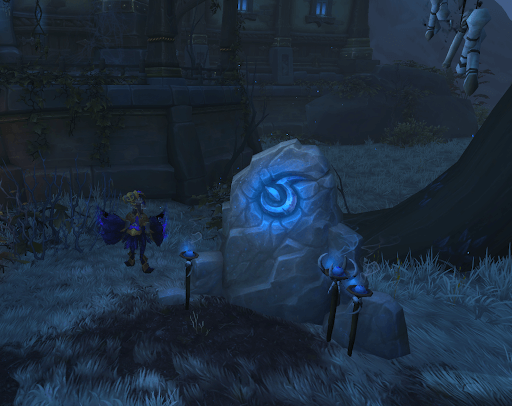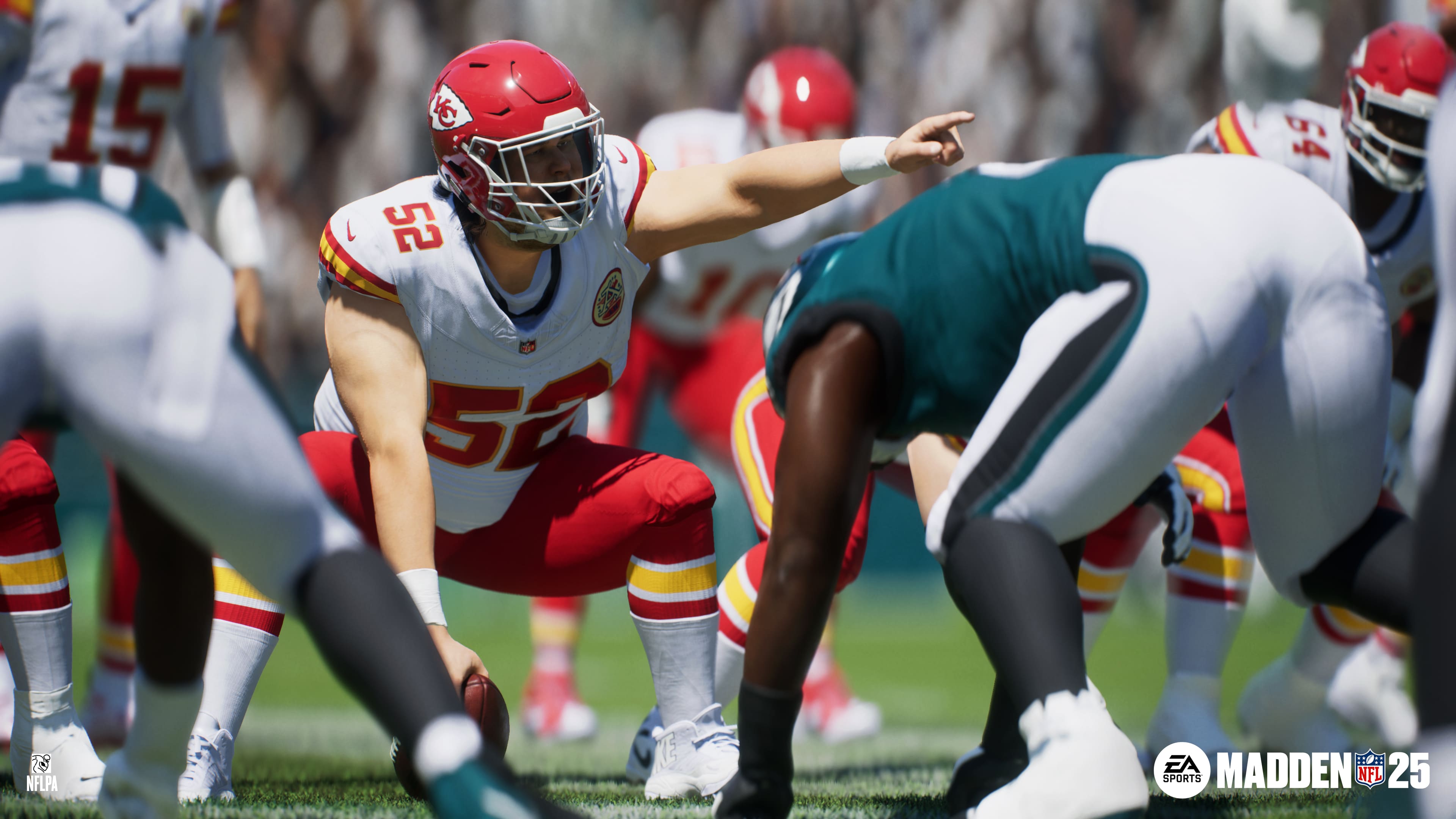Mental health is crucial to our overall well-being, influencing how we think, feel, and act. It affects how we handle stress, relate to others, and make choices. Maintaining good mental health is vital throughout life, from childhood to adulthood. However, many people struggle with mental health issues, and finding effective support methods is essential.
One innovative approach to supporting mental health is through games. Games are not just for entertainment; they can also promote mental health and well-being. Games designed for this purpose can offer therapeutic benefits and raise awareness about mental health issues. These games provide an engaging and interactive way to help people manage their mental health, learn coping strategies, and understand mental health conditions.
This article explores different types of games that support mental health, including therapeutic games and those that raise awareness about mental health issues. We will discuss their benefits, provide examples of specific games, and offer tips on choosing the right game for individual needs. Additionally, we will share success stories of people who have benefited from these games and provide resources for further support. Understanding the role of games in mental health can lead to new and enjoyable ways to improve well-being and support those around us.
Types of Games for Mental Health

Therapeutic Games
Therapeutic games are designed to help individuals manage and improve their mental health. These games can be used in therapy sessions or independently at home. They often focus on helping players develop coping skills, reduce anxiety, improve mood, and address other mental health challenges. Therapeutic games use engaging gameplay to teach and reinforce healthy behaviors and thought patterns.
Examples of Therapeutic Games:
- Mindfulness Games: Guide players through mindfulness exercises to help them relax and reduce stress.
- Cognitive-Behavioral Therapy (CBT) Games: Encourage players to identify and challenge negative thought patterns.
Awareness Games
Awareness games aim to educate players about mental health issues and reduce stigma. These games often simulate the experiences of individuals with mental health conditions, allowing players to gain a better understanding of living with these challenges. By raising awareness and fostering empathy, these games help create a more supportive and understanding society.
Examples of Awareness Games:
- Simulation Games: Simulate the experience of having a mental health condition, such as depression or anxiety.
- Educational Games: Provide information about different mental health disorders and the importance of seeking help.
Benefits of Games for Mental Health
Games designed for mental health offer various benefits, improving emotional, cognitive, and social well-being. These benefits make games a valuable tool for supporting mental health in different settings, from clinical environments to everyday life.
Emotional Benefits
- Stress Relief: Games provide a temporary escape from life’s pressures, allowing players to relax and unwind.
- Improved Mood: Successfully completing game challenges can boost self-esteem and create positive feelings.
- Coping Skills: Therapeutic games teach relaxation techniques, such as deep breathing or visualization exercises.
Cognitive Benefits
- Enhanced Problem-Solving Skills: Many games require strategic thinking and puzzle-solving.
- Improved Attention: Games involving memory challenges or logical reasoning sharpen mental faculties.
- Targeted Cognitive Training: Some therapeutic games focus on specific cognitive skills, like attention and concentration.
Social Benefits
- Social Interaction: Multiplayer games reduce feelings of isolation by allowing players to interact with others.
- Teamwork and Communication: Cooperative games foster teamwork and communication skills.
- Community and Support: Many mental health games include features that encourage sharing experiences and supporting one another.
Examples of Therapeutic Games
SuperBetter
SuperBetter helps individuals build resilience and improve mental health. Players set personal goals and complete “quests” promoting positive behaviors, such as exercising, practicing gratitude, or connecting with loved ones. SuperBetter uses principles of positive psychology to help players develop a growth mindset and overcome challenges, reducing symptoms of depression and anxiety and improving overall well-being.
MindLight
MindLight is designed for children and adolescents struggling with anxiety. The game uses biofeedback technology to help players practice relaxation and mindfulness techniques. Players wear a headset that measures their level of calmness, and the game adjusts its difficulty based on their stress levels. MindLight combines adventure and puzzle-solving with therapeutic exercises, making it an engaging way for young people to learn how to manage anxiety.
SPARX
SPARX (Smart, Positive, Active, Realistic, X-factor thoughts) is an evidence-based game developed to help teenagers with depression. The game uses cognitive-behavioral therapy (CBT) techniques to teach players how to challenge negative thoughts and develop healthier thinking patterns. Players navigate through different levels, completing quests and challenges that reinforce CBT principles. SPARX has been shown to be as effective as traditional therapy in reducing symptoms of depression.
Examples of Awareness Games
Depression Quest
Depression Quest is an interactive fiction game that simulates the experience of living with depression. Players make choices that affect the protagonist’s life, with options limited by the severity of their depression. The game provides a realistic depiction of the challenges faced by individuals with depression, helping players understand the condition’s impact on daily life. Depression Quest has been praised for its ability to raise awareness and reduce stigma around depression.
Hellblade: Senua’s Sacrifice
Hellblade: Senua’s Sacrifice is an action-adventure game that portrays the experience of living with psychosis. The game’s protagonist, Senua, hears voices and sees visions, and players must navigate these challenges while progressing through the story. The developers consulted with mental health professionals and individuals with lived experience to create an accurate and respectful depiction of psychosis. Hellblade has been recognized for its contribution to mental health awareness and education.
Florence
Florence is a narrative-driven game that explores themes of love, loss, and personal growth. While not specifically focused on a mental health condition, the game delves into emotional experiences that can affect mental well-being. Through its storytelling and interactive elements, Florence encourages players to reflect on their own emotions and relationships, promoting emotional awareness and empathy.
Here is a table of the most popular games for mental health:
| Game Title | Type | Platform(s) | Mental Health Benefit | Developer / Publisher |
|---|---|---|---|---|
| Celeste | Indie Platformer | PC, Switch, PS4, Xbox | Anxiety, self-worth, emotional resilience | Maddy Makes Games |
| Kind Words (lo fi chill beats) | Social / Writing | PC (Steam) | Stress relief, positive affirmation, peer support | Popcannibal |
| Stardew Valley | Farming Sim | PC, Mobile, Switch, PS4, Xbox | Routine, stress relief, relaxation, social connection | ConcernedApe |
| Journey | Exploration / Art Game | PS4, PC | Mindfulness, solitude, calming visuals | Thatgamecompany |
| Sea of Solitude | Narrative Adventure | PC, PS4, Xbox | Explores loneliness and depression through metaphor | Jo-Mei Games / EA Originals |
| Gris | Artistic Platformer | PC, Switch, PS4, iOS | Grief, emotional healing, resilience | Nomada Studio / Devolver Digital |
| Animal Crossing: New Horizons | Life Sim | Nintendo Switch | Daily routine, socializing, calm atmosphere | Nintendo |
| Abzû | Underwater Exploration | PC, PS4, Xbox, Switch | Stress relief, meditation-like gameplay | Giant Squid |
| Spiritfarer | Management / Narrative | PC, PS4, Xbox, Switch | Letting go, grief processing, emotional connection | Thunder Lotus Games |
| Depression Quest | Interactive Fiction | PC (Browser/Steam) | Depression awareness and empathy | Zoe Quinn |
| Night in the Woods | Narrative Adventure | PC, Switch, PS4, Xbox | Mental health themes: anxiety, depression, existential crisis | Infinite Fall |
| Unpacking | Puzzle / Narrative | PC, Xbox, Switch | Therapeutic sorting, emotional storytelling, mindfulness | Witch Beam |
| The Sims 4 | Life Simulation | PC, Console | Expression, self-discovery, stress relief | Maxis / EA |
| Tetris Effect | Puzzle / Rhythm | PC, PS4, VR Platforms | Focus, flow state, stress reduction | Enhance Games |
| That Dragon, Cancer | Narrative / Personal Story | PC, Mac, iOS | Grief processing, emotional storytelling | Numinous Games |
| Hellblade: Senua’s Sacrifice | Action / Psychological Horror | PC, PS4, Xbox, Switch | Schizophrenia representation, mental health realism | Ninja Theory |
| Garden Paws | Farming / Life Sim | PC, Switch | Relaxation, daily rhythm, low-stress environment | Bitten Toast Games |
| My Oasis | Mobile Idle Game | iOS, Android | Stress relief, calming music, simple visuals | Buff Studio |
| Endling: Extinction is Forever | Survival / Emotional Story | PC, Console | Environmental anxiety, emotional resilience | Herobeat Studios |
| Wanderlust: Travel Stories | Interactive Fiction | PC, Switch | Calm exploration, narrative meditation | Different Tales |
| Colorfy | Digital Coloring Book | iOS, Android | Anxiety reduction, art therapy | Fun Games For Free |
| Sky: Children of the Light | Adventure / Social | iOS, Android, Switch, PS4 | Cooperative play, kindness, calm exploration | Thatgamecompany |
| A Short Hike | Relaxing Exploration | PC, Switch | Gentle pace, mindfulness, social bonding | adamgryu |
| Flow | Art / Rhythm Game | PS3, PS4, PS Vita | Zen-like gameplay, encourages focus and flow | Thatgamecompany |
| Calm Waters | Interactive Visual Novel | PC, Mobile | Coping with fear, isolation, and depression | Tayanna Studios |
| Florence | Interactive Story | iOS, Android, Switch | Emotional growth, relationship dynamics | Mountains / Annapurna Interactive |
| Antichamber | Puzzle / Perspective Game | PC | Mental flexibility, stress through logic challenge | Alexander Bruce |
| Slime Rancher | Light Adventure / Sim | PC, Console | Joyful gameplay, daily routine, stress relief | Monomi Park |
| Omori | RPG / Psychological Horror | PC, Switch, PS4, Xbox | Depression, trauma, mental health exploration | OMOCAT |
| Lake | Narrative / Delivery Sim | PC, Xbox | Calm pace, escape from stress, introverted characters | Gamious |
| Monument Valley | Puzzle / Art Game | iOS, Android | Visual focus, calming ambient sound, spatial thinking | ustwo games |
| Yonder: The Cloud Catcher Chronicles | Open World Adventure | PC, Console | No combat, relaxing exploration, kindness-focused gameplay | Prideful Sloth |
| Celestial Hacker Girl Jessica | Visual Novel / Metaphorical | PC | Anxiety, dissociation, identity | Cultivation Games |
| Fable series | Action RPG | Xbox, PC | Humor, escapism, decision-making and self-reflection | Lionhead Studios |
| Eastshade | Open World / Painting | PC, Xbox, PS4 | Non-violent exploration, creativity, natural beauty | Eastshade Studios |
| RPG Maker mental health games | Various Indie Titles | PC (RPG Maker Platform) | Many fan-made stories on anxiety, depression, trauma | Various |
How to Choose the Right Game
Selecting the right mental health game depends on individual needs and preferences. Here are some tips to help you choose the best game for your mental health journey:
- Identify Your Goals: Determine what you hope to achieve by playing the game. Are you looking to reduce stress, improve mood, or learn coping skills? Understanding your goals will help you choose a game that aligns with your needs.
- Consider Your Interests: Select a game that you find enjoyable and engaging. If you enjoy puzzles, choose a game with challenging puzzles. If you prefer storytelling, look for narrative-driven games. The more you enjoy the game, the more likely you are to stick with it.
- Check Age Appropriateness: Ensure the game is suitable for your age group. Some games are designed specifically for children, adolescents, or adults, and choosing the right one can enhance its effectiveness.
- Consult Professionals: If you’re unsure which game to choose, consider seeking advice from a mental health professional. They can recommend games that complement your existing treatment plan and support your mental health goals.
- Read Reviews: Look for reviews and testimonials from other players who have used the game for mental health purposes. Their experiences can provide valuable insights into the game’s effectiveness and suitability.
- Start Small: If you’re new to mental health games, start with a simple game that requires minimal time and effort. As you become more comfortable, you can explore more complex games.
Success Stories
Sarah’s Story
Sarah, a 25-year-old college student, struggled with anxiety and found it difficult to manage her stress levels. After discovering SuperBetter, she began incorporating the game’s quests into her daily routine. Over time, Sarah noticed a significant reduction in her anxiety and an improvement in her overall well-being. She credits the game with helping her develop healthier habits and a more positive outlook on life.
James’s Story
James, a teenager dealing with depression, was introduced to SPARX by his school counselor. The game helped him understand and challenge his negative thoughts, leading to a noticeable improvement in his mood and self-esteem. James’s parents and teachers also observed a positive change in his behavior and academic performance.
Emily’s Story
Emily, a young professional, found solace in playing Hellblade: Senua’s Sacrifice. The game’s portrayal of psychosis resonated with her own experiences, helping her feel less alone and more understood. Emily shared the game with her friends and family, using it as a tool to open up conversations about her mental health.
What Is in the Future?
Games designed to support mental health offer a unique and engaging way to improve well-being. Whether through therapeutic exercises or raising awareness, these games provide emotional, cognitive, and social benefits. By exploring different types of mental health games and choosing the right one for your needs, you can find new and enjoyable ways to support your mental health journey. Remember, mental health is an ongoing process, and incorporating fun and interactive tools like games can make it a more enjoyable and rewarding experience.
Studios like eJaw are actively contributing to this space by developing thoughtful, engaging titles that promote mindfulness, emotional resilience, and personal growth. Their work helps make mental health support more accessible through game-based experiences.








